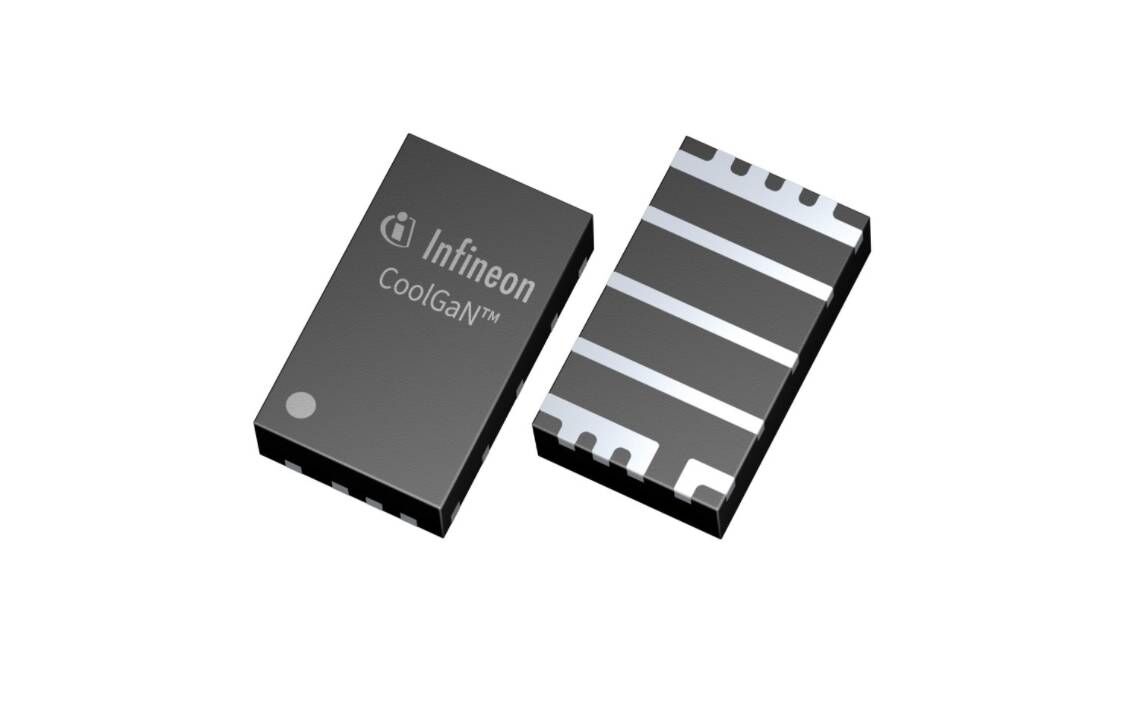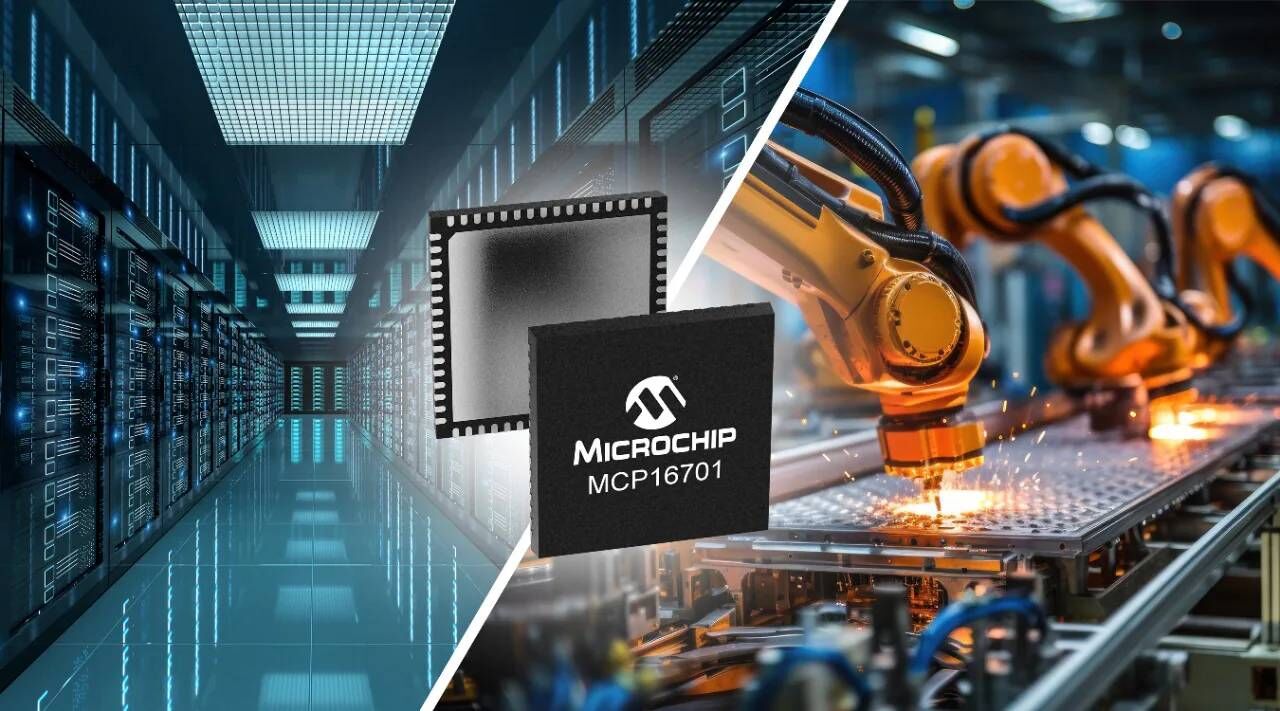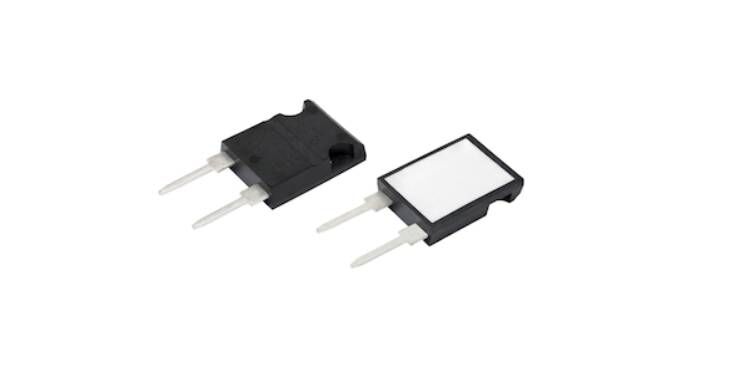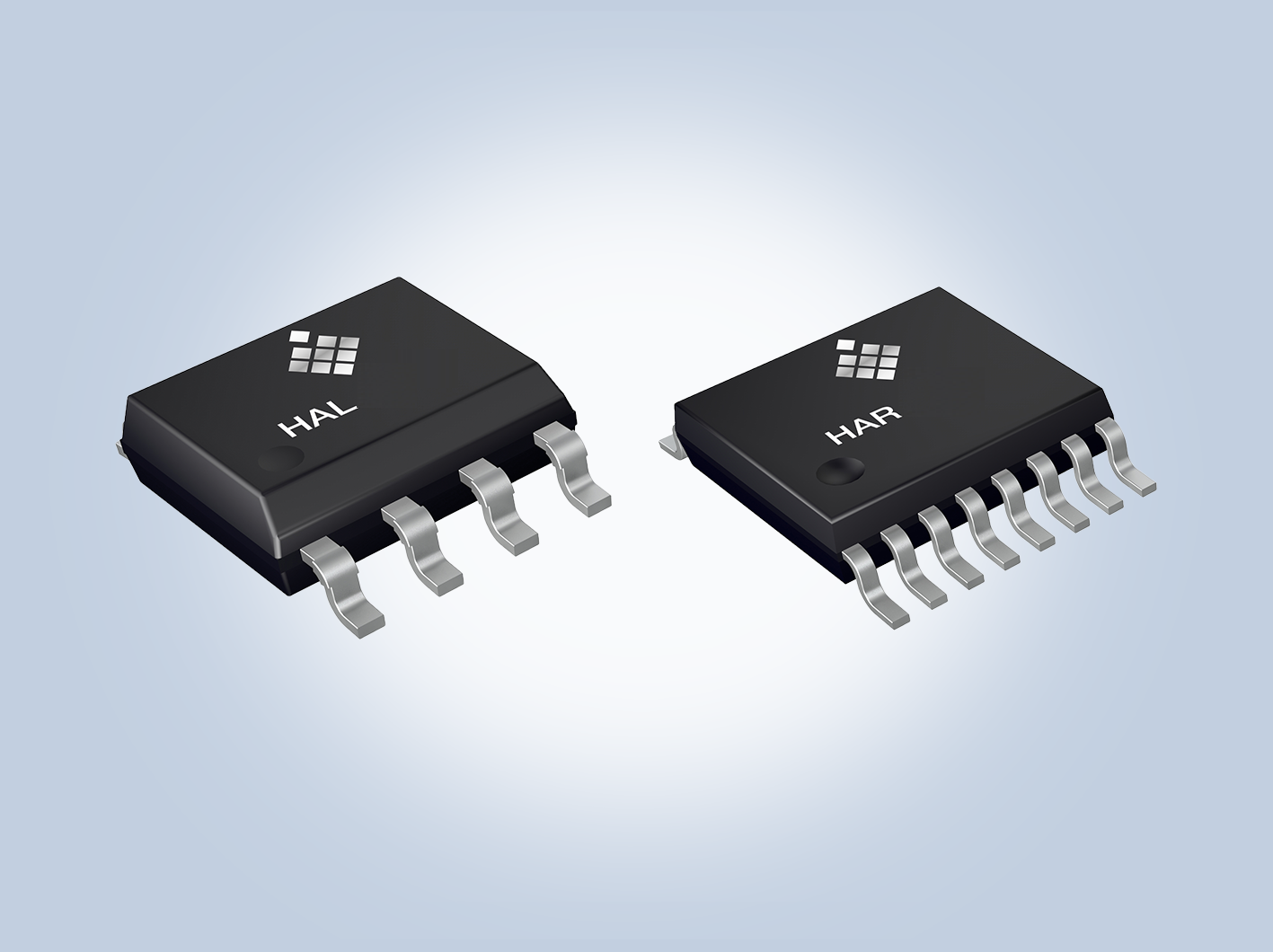According to reports, Japanese MLCC producer Taiyo Yuden announced the launch of a new product that will reduce the particle size of the electricity storage material barium titanate through new technologies, allowing the MLCC of the same size to achieve twice the maximum capacity of the previous product. Three times that of other manufacturers' products, the new product will be produced from May 2018 and its monthly output will be 100,000 pcs.
The new MLCC is 4.5 mm in length, 3.2 mm in width and thickness, and can be used in -55 degrees Celsius to 85 degrees Celsius, while the former is 2.5 mm in thickness; The material, as well as the increased thickness, has a total of 1,800 layers inside the capacitor, which is 50% more than the layers of the old product. In terms of capacitance, the same-size MLCC's capacity is only 330uF in the industry, and 470uF is used in the old solar-electricity induction product. Now, the new product's capacity is up to 1000uF, which can not only replace similar products, but can even replace some aluminum electrolytic capacitors.
The market for the new MLCC locked by the Taiyo Yuden is the market for communication equipment brought by the Internet of Things (IoT) market. The Internet of Things and 5G infrastructure investment will start soon. In addition to the new base station equipment market, existing base station equipment also has a certain percentage due to insufficient performance or Life-time factors need to be updated. Low-calorie and better-reacting large-capacity laminated ceramic capacitors are good alternatives to aluminum electrolytic capacitors.
High-capacity MLCC products are used to replace aluminum electrolytic capacitors in telecommunication equipment. This not only reduces the size and space for heat dissipation, but also enables the use of base ceramic capacitors in the entire substrate, eliminating the need to consider the characteristics of different capacitors for circuit design, and simplifying PCBA design.












All Comments (0)